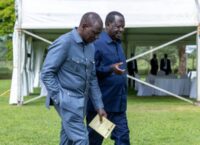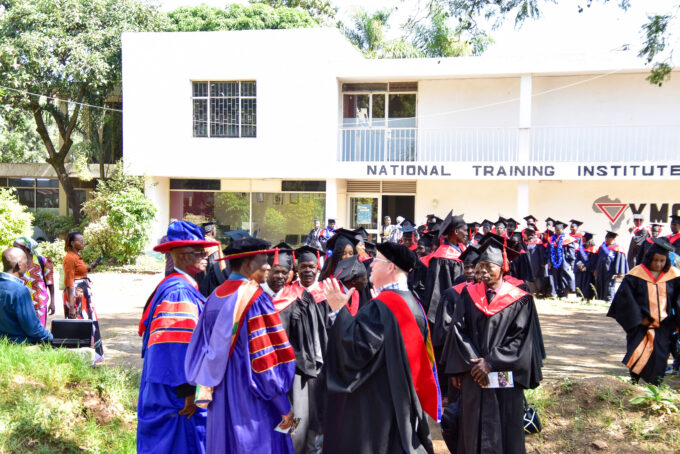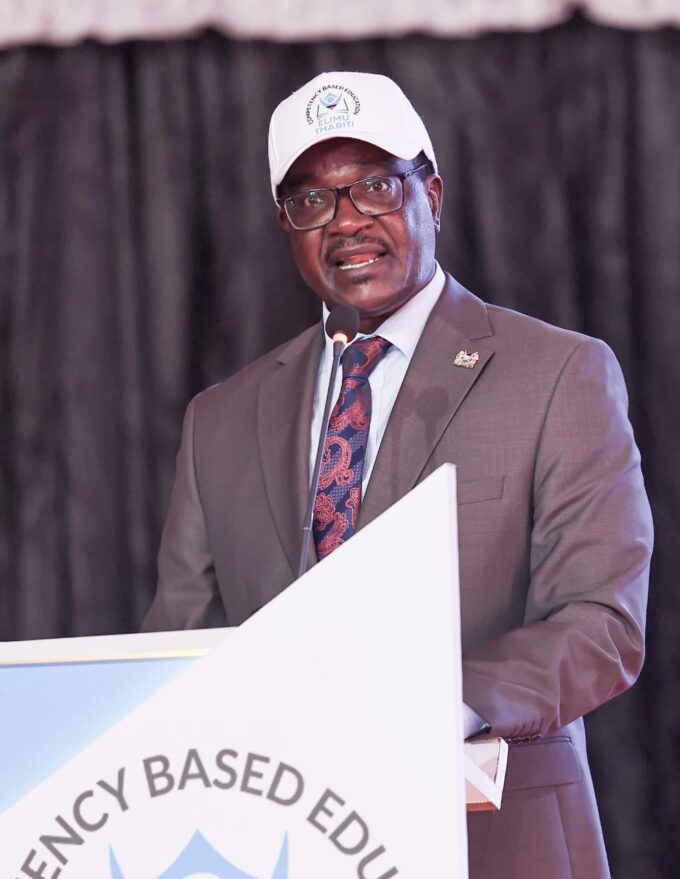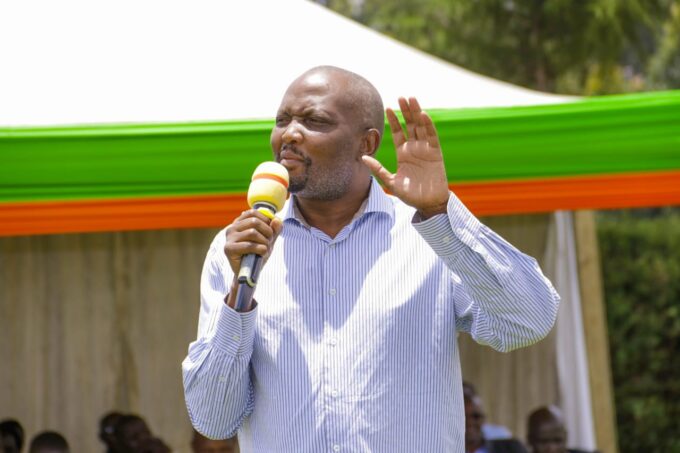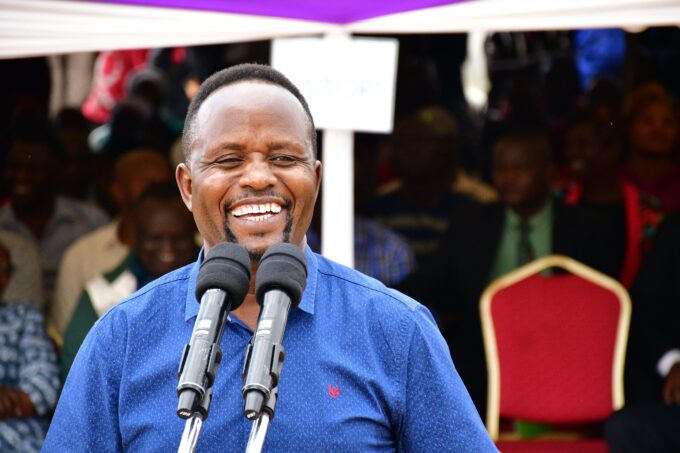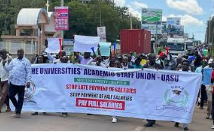
The ongoing lecturers’ strike in Kenya’s public universities is extending students’ time at home, as attempts to mediate between the Universities Academic Staff Union (UASU) and the government have stalled yet again. A key meeting organized by the National Assembly Committee on Education was abandoned when the Inter-Public Universities Councils Consultative Forum (IPUCCF) failed to produce documents verifying a Ksh. 4.3 billion funding commitment to facilitate universities’ reopening.
Frustrated by the lack of progress, the Education Committee, led by Chairman Julius Melly, has now called upon three Cabinet Secretaries to address the crisis. Education CS Julius Magoha, Labour CS Alfred Mutua, and National Treasury CS John Mbadi are scheduled to appear next week to provide clarity on the government’s efforts to resolve the lecturers’ demands, which include salary adjustments and the implementation of a previously agreed-upon Collective Bargaining Agreement (CBA).
This strike has already had significant consequences, including disrupting academic schedules and end-of-semester exams for thousands of students, while lecturers insist they will not return to work until their demands are met.
The effort to resolve the Kenyan university lecturers’ strike faced another setback in a recent meeting involving the National Assembly Committee on Education, the Universities Academic Staff Union (UASU), and the Inter-Public Universities Councils Consultative Forum (IPUCCF). During this meeting, the IPUCCF failed to confirm that the government-backed funding of Ksh. 4.3 billion was available to settle the lecturers’ grievances. According to Fred Simiyu Baraza, the Chairman of the IPUCCF, the council had only managed to secure Ksh. 1.6 billion, which was offered to lecturers as an interim solution. However, this amount was rejected by UASU, which demanded Ksh. 9.6 billion as part of the agreed-upon “Back to Work” formula.
Baraza clarified that the Ksh. 4.3 billion figure had originated from discussions within an inter-ministerial committee after UASU escalated the issue beyond the IPUCCF, following what they saw as inadequate support for a swift resolution. Baraza added that, as part of the Ministry of Education, the IPUCCF does not have the authority to issue commitment letters regarding budget allocations and must await final approval from higher government authorities before promising funds
In a tense exchange, Igembe North MP Julius Taitumu expressed frustration over the lack of documentation in an ongoing series of meetings, which have occurred multiple times without any substantial progress or the presence of essential documents. “It is highly disrespectful,” Taitumu remarked, “that we have met more than three times, yet we still lack the necessary documentation on what we need. If they don’t have the documents, then let’s end this meeting. Why are they even here?”
His comments were echoed by Lugari MP Nabii Nabwera, who raised concerns over the procedural integrity and accountability of government negotiations. He emphasized that any government agency engaging in negotiations on issues that financially commit the government must seek prior approval, which should be documented rather than conveyed verbally. “We are essentially asking the officer to provide us with a document they do not have,” Nabwera pointed out, underscoring the need for transparency and formal authorization before proceeding with discussions that carry financial obligations. This situation reflects broader issues of governance and the importance of due process in government operations, where clarity and accountability are critical for responsible decision-making.
Reacting to the growing frustrations voiced by members, Chairman Julius Melly made the decision to conclude the meeting, acknowledging that the repeated lack of essential documentation was obstructing progress and deepening discontent among those present. Recognizing the need for accountability and direct answers, Melly announced that the committee would take decisive action. To address the unresolved concerns and obtain clear explanations, he stated that three Cabinet Secretaries would be formally summoned to appear before the committee on Tuesday, November 19.
This upcoming session aims to address the pressing issues surrounding an ongoing strike that has caused widespread disruption and fueled dissatisfaction among members. The Cabinet Secretaries are expected to provide thorough responses to the members’ questions and clarify why certain critical documents have been consistently unavailable during the negotiations. By setting a specific date, Chairman Melly underscored the urgency of resolving the deadlock and the importance of the Cabinet Secretaries’ accountability in navigating this matter. Members anticipate that the presence of these key officials will pave the way for a more transparent discussion, where they can present concrete plans and timelines for addressing the strike and its underlying issues.


